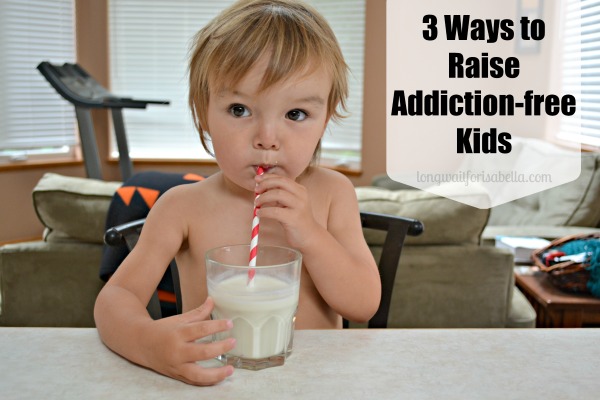There is a controversial law that treats teens like adults if they commit certain crimes. The idea behind it is that if you do an adult crime, you serve the adult time. Many people are vehemently opposed to this line of reasoning. There are passionate arguments on both sides of the issue. While it is understandable that many wish to shield children from the more harsh consequences of ill-advised behavior, life often has other ideas. All behaviors have consequences. Whether or not we add punishment to those consequences is immaterial. Driving drunk is the leading cause of vehicular fatality. Neither life nor death takes the age of the driver into account.
Many of the bad things that happen to young adults are a direct consequence of addictions picked up as teens. As a parent, you should know that recovery is still possible. There are programs that specialize in treating addictions, providing a full roster of treatments including sober living housing for young adults.
The only way to avoid the need for recovery treatment is to eliminate the addiction before it takes hold. Believe it or not, it is most certainly possible to raise addiction free kids. It is not easy, and it is not necessarily a bad mark against you as a parent if you fail.
Here are some tips for making it a reality:
Show Them What Addiction Looks Like
Children need to know that they are loved regardless of poor decisions they might make along the way. It is not necessary to scare them straight. There is a substantial body of work that suggests such programs do more harm than good. However, they do need to know the likely consequences of their choices, and what recovery will look like.
They need to understand that addictions that take only moments to start, can take a lifetime to end. Truly watching a person trying to recover from an addiction can be quite sobering. Seeing the physical consequences of chemical withdrawal is as raw and as real as it gets. Teen girls need to see examples of smoker’s face, and understand what will inevitably happen to their skin over time. Teen boys need to see what mouth cancer looks like. This is not a matter of frightening kids out of their wits, but a matter of connecting consequences with actions.
Model Addiction-free Living
There is a good chance that behind an addicted young adult is an addicted parent. A site focused on the science of addiction had this to say:
It’s estimated that 25 percent of youth under age 18 are exposed to family alcohol abuse or dependence. Research shows that children in this environment are more likely to develop depression or anxiety in adolescence and use alcohol or other drugs early on. Having a parent who is addicted to drugs or alcohol can lead to lifelong problems if the child or teen doesn’t get help and support.
There are no perfect parents. This is not about inducing a guilt-trip over your flaws. We all have them. But we also need to understand that certain things we do are going to be picked up by our kids. Nature has so made us that we emulate our progenitors. Young adults seeking to begin a family can go a long ways towards raising non-addicted teens by dealing with their own addictions before becoming parents.
Even if this reality comes way too late, addicted parents can show how important an addiction-free life is by seeking help and modeling recovery. Shame, at this point, serves no purpose whatsoever. Your child already knows you have a problem. They see that everyday. Seeing you go through a process of recovery might be the thing that helps them to avoid the problem altogether.
Set Them Up for Success
The most important thing a parent can do for an at-risk child is to set them up for success. This is the part that will require the most vigilance. This entails being involved with your child’s life at every level possible. You can steer friendships by being the parent that has sleep-overs, and parties. Make it okay for your kids to bring their friends home. Don’t be the parent who is surprised by unsavory acquaintances.
Help them succeed in school. Encourage them to talk openly about problems, and listen without judgement. Many of the items in this list of common reasons teens abuse substances can be eliminated by vigilant parenting. Take away those reasons before they lead to addictions.
As even the best of parents, there are some things that are beyond your control. Genetics and individual personality play huge roles in who your children will ultimately become. Sometimes the best you can do is catch the addiction early enough so that recovery is possible. That is still a positive outcome.



Great tips and suggestions. We try to model good behavior for our kids. We were drinking some wine with our meal one night and we had a discussion about drinking in moderation. It was a great time to talk about the consequences and actions that getting drunk could cause.
I like when families can discuss things openly and honestly with their kids. It is so much healthier!